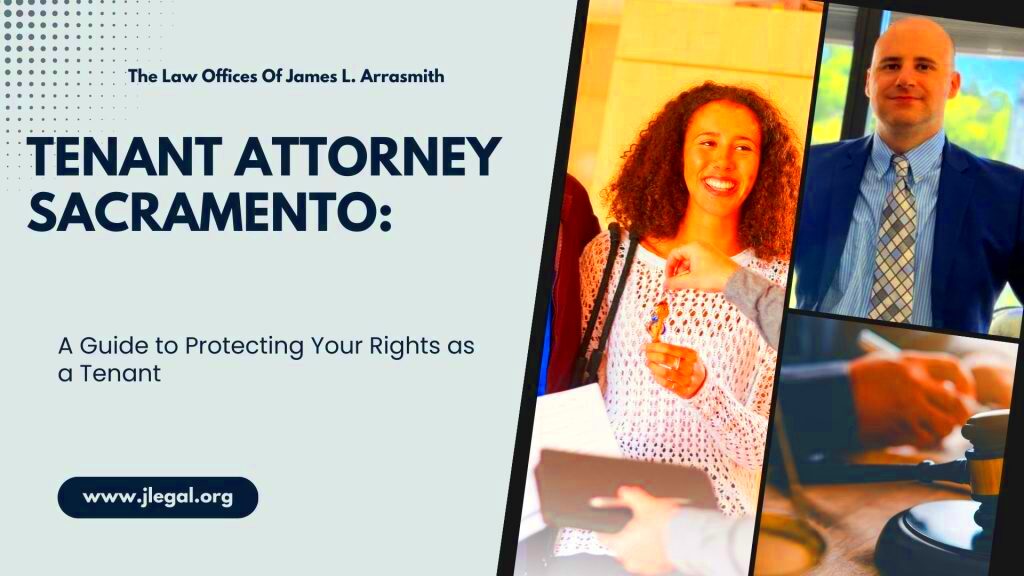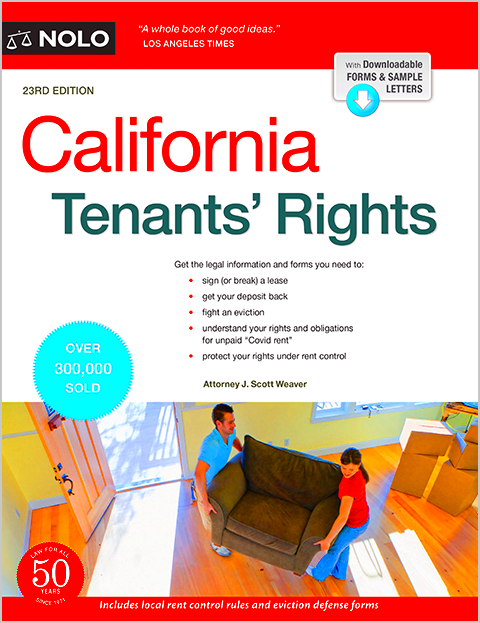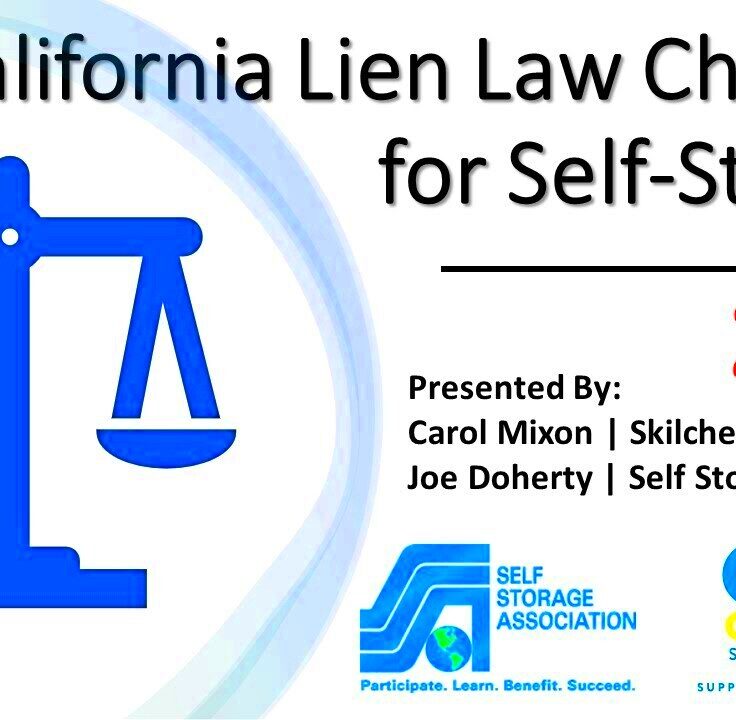California’s Self-Storage Tenant Rights and Lien Law
Your rental of self-storage unit comes with a self-storage agreement. This document describes the terms and conditions related to your rental. You should take time to READ it in order to KNOW your rights and obligations.
An agreement for self-storage typically comprises of the following essential components:
- Rental Terms: This includes the rental period, payment due dates, and late fees.
- Access: Details about how and when you can access your unit.
- Liability: Information on the facility’s liability for lost or damaged items.
- Termination: Conditions under which you or the facility can terminate the agreement.
- Insurance Requirements: Whether you need to carry insurance for your belongings.
In case you are not aware of your storage unit agreement, it is necessary to know such a document in order to avoid surprises and have a more convenient renting process.
Rights of Tenants in California Self-Storage Facilities

In California, as a tenant of a storage unit, you enjoy certain rights which guard against loss of your property and misunderstanding on various fronts. Having this knowledge can help you avert possible lack of agreement or disagreement.
Your entitlements consist of:
- Access to Your Unit: You have the right to access your storage unit during the facility’s operating hours.
- Notice of Lien: If the facility plans to enforce a lien on your property, they must give you notice.
- Protection from Discrimination: Self-storage facilities cannot discriminate based on race, religion, gender, or other protected characteristics.
- Right to Retrieve Property: You can retrieve your belongings before the facility sells them, as long as you pay any outstanding fees.
Knowing your rights gets you in a position to act if you think they have been breached. Ensure that you have all transaction details at hand as well as copies of any correspondence made with the institution.
Responsibilities of Self-Storage Owners

Self-storage facility owners have been mandated to provide a safe and secure environment for their tenants; this is therefore a necessity. You will better meet the legal and ethical standards by understanding these responsibilities.
Self-storage proprietors have several core responsibilities, including:
- Maintenance: Keeping the facility clean, safe, and in good repair.
- Security: Implementing security measures like surveillance cameras, gated access, and adequate lighting.
- Clear Communication: Providing tenants with clear information regarding rental terms, fees, and policies.
- Handling Liens Lawfully: Following the legal process when enforcing a lien on a tenant’s property.
- Insurance: Offering options for insurance to protect tenants’ belongings.
When self-storage proprietors perform their roles well, this enhances an environment that inspires confidence in the tenants concerning the safety of their goods.
California Lien Law and Its Impact on Tenants
The lien law of California has a major impact on the self-storage industry. It lists the self-storage owner’s rights when renters do not pay their rent. As a tenant, understanding how this law affects you is essential for safeguarding your possessions and money.
As per California law, when renters fail to pay rent, owners of storage facilities can impose liens on their possessions. Thus you’re impacted as follows:
- Notice Requirements: The storage facility must notify you of the unpaid rent and provide a specific timeframe for payment before taking further action.
- Right to Access: While a lien is in place, you still have the right to access your belongings as long as you comply with payment terms.
- Impending Sale: If payment is not made within the specified timeframe, the facility may sell your items to recover unpaid rent.
- Protection from Surprise Sales: The law requires storage facilities to notify you of an impending sale, giving you a chance to settle your debt.
Understanding the lien law helps navigate through the difficulties that come with self-storage lease agreement. In order to avoid problems ensure that timely rent payments are done and also maintain a good relationship with your facility.
The Lien Law on Self-Storage is Important to Know to Overcome the Hurdles of the Business
In this regard, it’s always wise to make timely rent payments and maintain dialogue with your self-storage facility so that you don’t encounter unnecessary problems.
Process of Lien Enforcement
In the State of California certain measures are taken by default when it comes to lien enforcement procedures. Following these measures should ensure that both parties’ rights are preserved. This is critical because it would let you know what to expect if at all, payments become a challenge for you.
The lien execution process generally encompasses an overview:
- Non-Payment: When a tenant fails to pay their rent, the facility will typically wait a grace period outlined in the rental agreement.
- Notice of Default: The facility must send a written notice to the tenant, informing them of the unpaid balance and the upcoming lien.
- Waiting Period: California law requires a waiting period before any sale occurs, allowing tenants time to pay their debts.
- Final Notice: If payment is still not made, the facility sends a final notice indicating that a lien will be enforced.
- Sale of Property: If the tenant does not respond or pay, the facility may proceed to sell the tenant’s items through a public auction.
An effective way for tenants to prevent losing their goods is remaining informed and responding to any notifications from the storage house.
What Happens During a Lien Sale
A lien auction is a significant occasion for both self-storage facility and tenant. This gives a chance for tenant to retrieve their belongings in case he is able to pay his debts while the self-storage facility can recover his unpaid rents. You will be more equipped if you understand what happens in lien sale proceedings.
Usually, a lien sale runs like this:
- Public Notification: The storage facility must advertise the sale publicly, usually in a local newspaper and on their website, to notify potential bidders.
- Inspection of Units: Before the auction, interested bidders may be allowed to inspect the contents of the units, often with limited access.
- Conducting the Auction: The sale is usually conducted as a live auction, either on-site or online, where bidders can place their bids.
- Payment: The highest bidder must pay immediately after the auction, typically in cash or through a certified check.
- Transfer of Ownership: Once payment is received, the storage facility will provide a receipt and transfer ownership of the items to the winning bidder.
It’s very necessary that if a tenant gets a lein notice they should act fast. As a result of paying off all the dues, the occupants can get their goods back and evade being auctioned.
Frequently Asked Questions
Self storage tenant rights and lien laws in California often leave many people with questions. Here are several frequently asked questions that can shed light into your pondering thoughts:
- What is a lien in self-storage? A lien is a legal claim against your stored items that the facility can enforce if you do not pay your rent. This gives them the right to sell your belongings to recover unpaid fees.
- How long does the lien process take? The length of the lien process can vary, but California law requires storage facilities to give tenants ample notice and a grace period before selling items. Typically, you will receive multiple notices over several weeks.
- Can I access my unit if a lien is placed? Yes, you can access your storage unit while a lien is in place. However, you need to pay any outstanding fees to prevent further action from the facility.
- What if I disagree with the charges? If you believe the charges are incorrect, contact the facility immediately. Keep a record of all communications and payments, as this documentation can help resolve disputes.
- Are storage facilities required to have insurance? While it’s not mandatory for facilities to have insurance, they often offer it as an option to tenants. It’s wise to consider getting insurance to protect your belongings.
Research Providers should not be hesitant for any of your questions about them in relation to their facilities even at this time as they are expected to ensure you that everything about your lease is okay.
Conclusion
When it comes to protecting your property and finances, knowing your rights as a self-storage tenant in California is necessary. By understanding the self-storage agreements and lien laws, you can be confident while using storage space knowing which responsibilities are for tenants and owners respectively. One should always talk to their storage facility openly and act promptly so as not to complicate matters.


